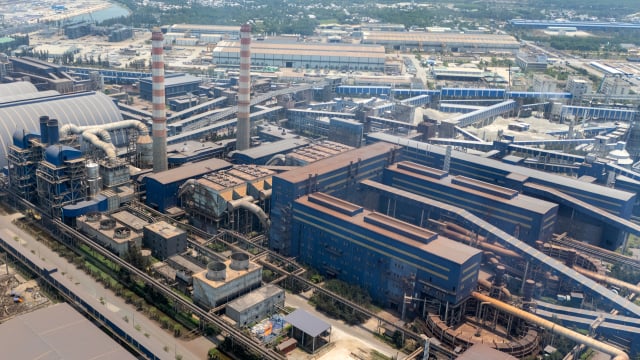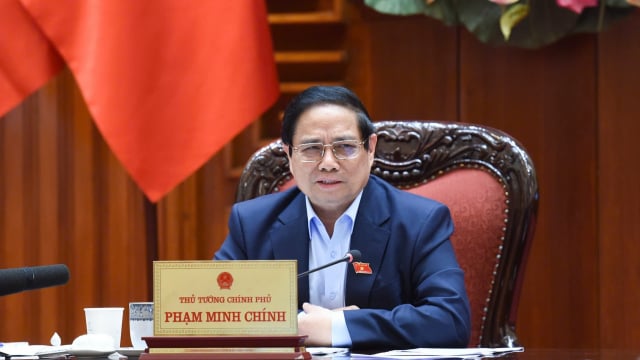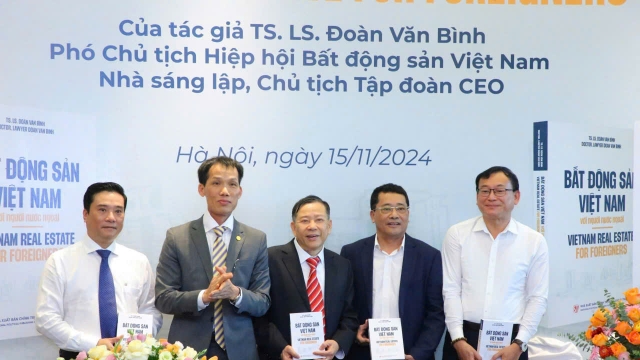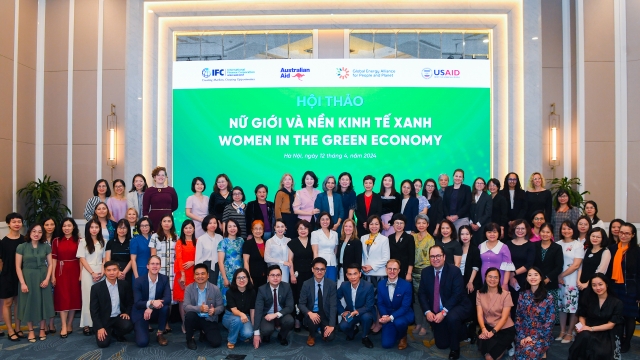Masan wants to focus on optimizing its domestic operations while the tungsten recycling strategy is limited by regulatory.
Masan High-Tech Materials (MHT) has announced that it had reached a framework agreement with Mitsubishi Materials Corporation Group.
Under that, Japanese partner intends to acquire 100 per cent of H.C. Starck Holding (HCS), a leading business in tungsten refining and recycling technology in Germany, from MHT.
Masan is expected to retain its ownership in Nyobolt, a fast-charging Lithium-ion battery technology company based in the United Kingdom.
It is also expected to retain potential monetary upside from future commercialization of blackmass technology intellectual property developed by HCS.
In 2020, MHT acquired a full stake in HCS, allowing Masan to officially take over HCS’s tungsten manufacturing plants in Germany, Canada, and China, making Vietnam the world's largest tungsten producer outside of China.
It aimed at bringing tungsten recycling technology to Vietnam to transition to a more circular and sustainable business model.
In the same year, MHT entered into a partnership with MMC Group.
However, due to regulatory constraints limiting MHT’s ability to import tungsten scraps into Vietnam to implement its recycling strategy, MHT intends to sell HCS to Mitsubishi Materials Corporation to focus on optimizing its domestic operations.
Use of proceeds from the envisaged transactions will be to reduce MHT’s outstanding debt balance. The offtake agreement with Mitsubishi Materials Corporation anchors MHT’s tungsten products order book and enables it to maximize its overall order book.
The retention of Nyobolt is strategic and there is significant potential upside. Last year, Nyobolt successfully demonstrated an EV concept with 6-minute charging time.
In addition, Nyobolt has signed head of terms with two major commercial customers and is in the final stage of finalizing contracts, demonstrating significant progress towards commercialization.
The combined transactions are expected to be accretive to Masan Group’s consolidated earnings and are consistent with the group’s deleveraging target of Net Debt to EBITDA ≤ 3.5x.
This also marks the first step on the group’s continuing journey to reduce interest in non-core businesses.








































